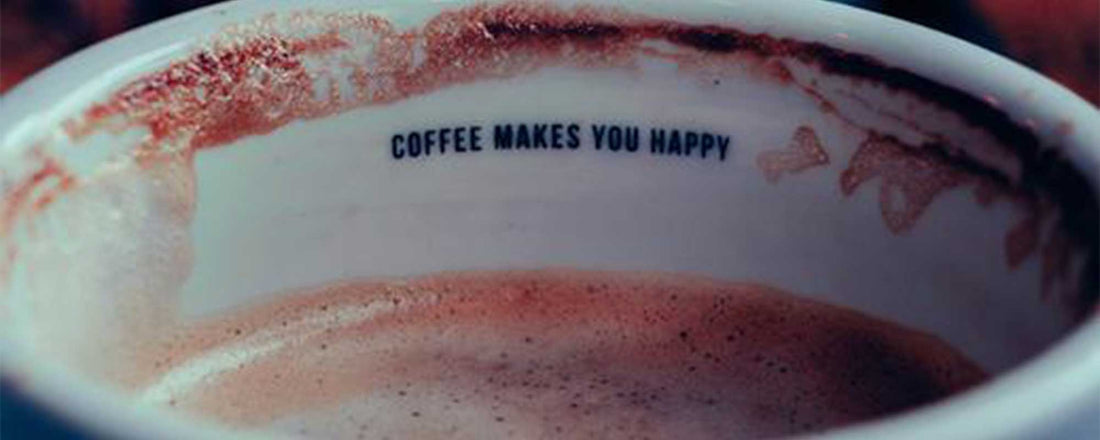
Yes—Coffee Really Does Make You Happier
Coffee TalkThere's something about that first drop of strong, delicious coffee hitting your lips first thing in the morning. Suddenly, your 8 a.m. meeting doesn't seem so bad. It doesn't bother you that your kid waited until the very last minute to tell you they need a science project completed before first period. Your grogginess and irritability disappear, and you feel ready to take on the day—is that even a smile on your face?!
Coffee wakes us up, warms our hearts and has health benefits that range from improving your memory to reducing the risk of cancer. But why does it make us physically feel happier? It's not just an illusion—there's scientific evidence that it actually does.
The Harvard School of Public Health conducted a study that showed coffee can help people become generally more positive in their lives. Researchers even saw a link between caffeine intake and lower suicide rates and found that caffeine can have the same effects as a mild antidepressant (It's worth noting that several studies before the Harvard study have linked coffee drinking to lower rates of depression in both men and women).
So what is the scientific reason for all of this? Scientists have known for years that coffee stimulates the release of dopamine in your brain, which produces the euphoria and happy feelings that people associate with their first cup of coffee. That's why coffee is considered a psychoactive drug that falls under the same category of other psychostimulants like cocaine and amphetamine, even though it's not considered a drug of abuse.
Coffee and its dopamine-releasing properties ultimately make us feel happier because it is able to tap into virtually every reward system our brain has evolved, writes Gary L. Wenk in Psychology Today. So there's a reason why you catch yourself going for a second, third or seventh cup—it really does make you happier.
[Featured Image Credit: Mario Ibrahimi via Unsplash]
